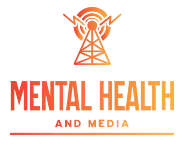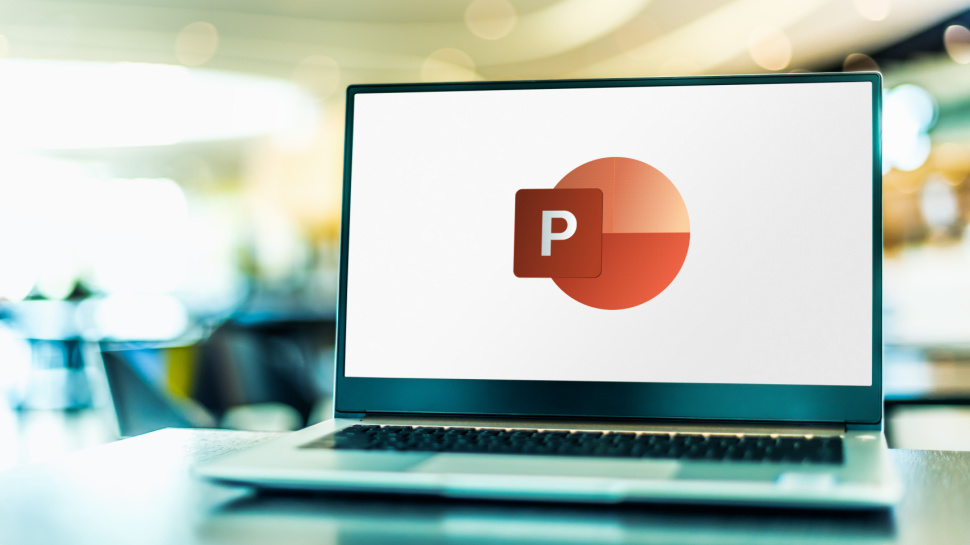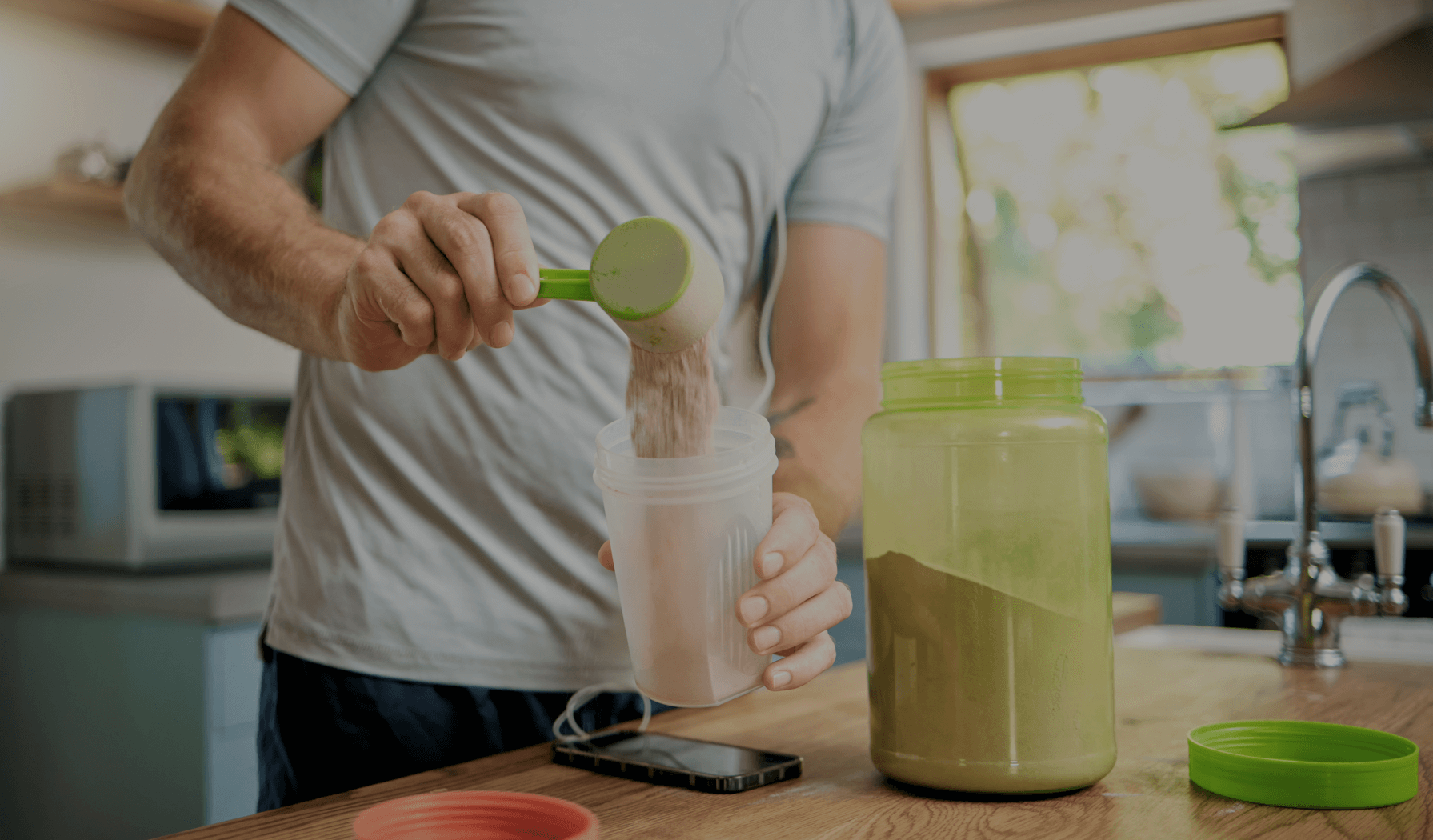Training within healthcare settings has evolved dramatically, moving towards blended learning styles that combine theory, practice, and visual support. Educators increasingly turn to visual tools to make complex concepts more understandable. Many professionals choose powerpoint classes to improve their ability to deliver clear, engaging learning materials that support frontline teams. With healthcare constantly advancing, effective learning delivery is essential for improving skills, patient outcomes, and workplace confidence.
Enhancing Understanding Through Visual Learning
Healthcare topics often involve detailed anatomy, procedures, clinical decision-making pathways, and safety protocols. Visual reinforcement helps learners connect ideas more easily than text-only formats. Slides with diagrams, charts, and conceptual flow designs help break down medical procedures, emergency responses, and clinical documentation processes in a way that reduces overwhelm. This structure supports both new professionals and experienced staff updating their knowledge.
Visual tools also allow the use of realistic images and scenario-based illustrations. For instance, step-by-step visuals of wound care techniques or infection control processes help learners internalise each action. When learners can see, read, and hear information simultaneously, retention improves and training becomes more effective.
Delivering Consistent and Structured Training
A major advantage of digital slides is the ability to standardise training. Healthcare organisations rely on consistent teaching across departments, shifts, and job roles. A well-designed slide deck ensures that every learner receives the same information regardless of training time or location. This is especially important in areas like patient safety, medication administration, safeguarding, and clinical recording standards.
Educators can also update single slides or sections without redesigning entire training modules. This flexibility ensures that learning content remains aligned with regulatory requirements, new guidelines, and evidence-based practice. As healthcare evolves, quick and simple updates ensure knowledge remains current and reliable.
Supporting Blended Learning and Remote Training
Modern healthcare learning environments combine in-person workshops, online learning, simulation, and self-paced study. Presentation-based resources fit naturally into this structure, supporting live classes and digital delivery. Slides can accompany voice-over explanations, interactive sessions, or self-review study packs.
For remote or shift-based staff who cannot attend live sessions, recorded slide presentations allow flexible catch-up learning. This approach ensures high coverage across teams, supporting busy professionals without disrupting essential services. Learners can pause, revisit difficult slides, and reflect at their own speed, which strengthens understanding.
Encouraging Interaction and Active Participation
Engagement is essential for effective education, especially when training covers clinical judgement, teamwork, and communication in high-pressure environments. Slides can be designed to encourage participation through case studies, short reflection prompts, quizzes, or scenario questions. Real-world examples help staff apply learning to everyday situations, such as managing urgent care, supporting vulnerable patients, or ensuring documentation is accurate and compliant.
Activities embedded within slide-based sessions also build confidence. Learners can practise communication strategies, problem-solve clinical challenges, or role-play patient interactions. Instead of passively receiving information, healthcare workers become active participants in the learning process.
Supporting Multi-Disciplinary Teams
Healthcare environments bring together a wide range of staff roles, from nurses and doctors to administrative teams, carers, technicians, and support staff. Each group needs tailored training, yet many core principles remain universal. Presentation-based teaching makes it easy to customise learning paths for different roles while maintaining a shared foundation of knowledge.
For example, a training session on infection control may include general guidance for all staff and deeper clinical content for medical professionals. By adapting visuals and language, trainers can deliver meaningful learning experiences across skill levels and experience backgrounds.
Improving Professional Confidence and Competence
Clear visual presentations support more confident learning and instruction. Educators using slides can maintain flow, stay organised, and emphasise key messages without overwhelming learners. Structured content builds trust in training sessions and reassures staff that information is accurate and purposeful.
Learners also benefit from visual repetition of key points such as safety protocols, emergency procedures, and communication standards. When information is delivered clearly and consistently, healthcare workers retain knowledge more effectively and apply it confidently in real-world settings, improving patient care standards.
Preparing Healthcare Teams for the Future
Healthcare is fast-paced and constantly advancing, meaning ongoing education is necessary for all staff. Presentation-based learning continues to evolve, incorporating multimedia elements, clinical videos, real-world case simulations, and interactive scenarios. These developments help build resilient, knowledgeable teams capable of responding to emerging healthcare challenges.
With demand for skilled healthcare workers increasing, effective training tools play a vital role in professional development. Strong visual communication ensures that essential knowledge is delivered clearly, helping staff remain prepared, confident, and capable throughout their careers.




